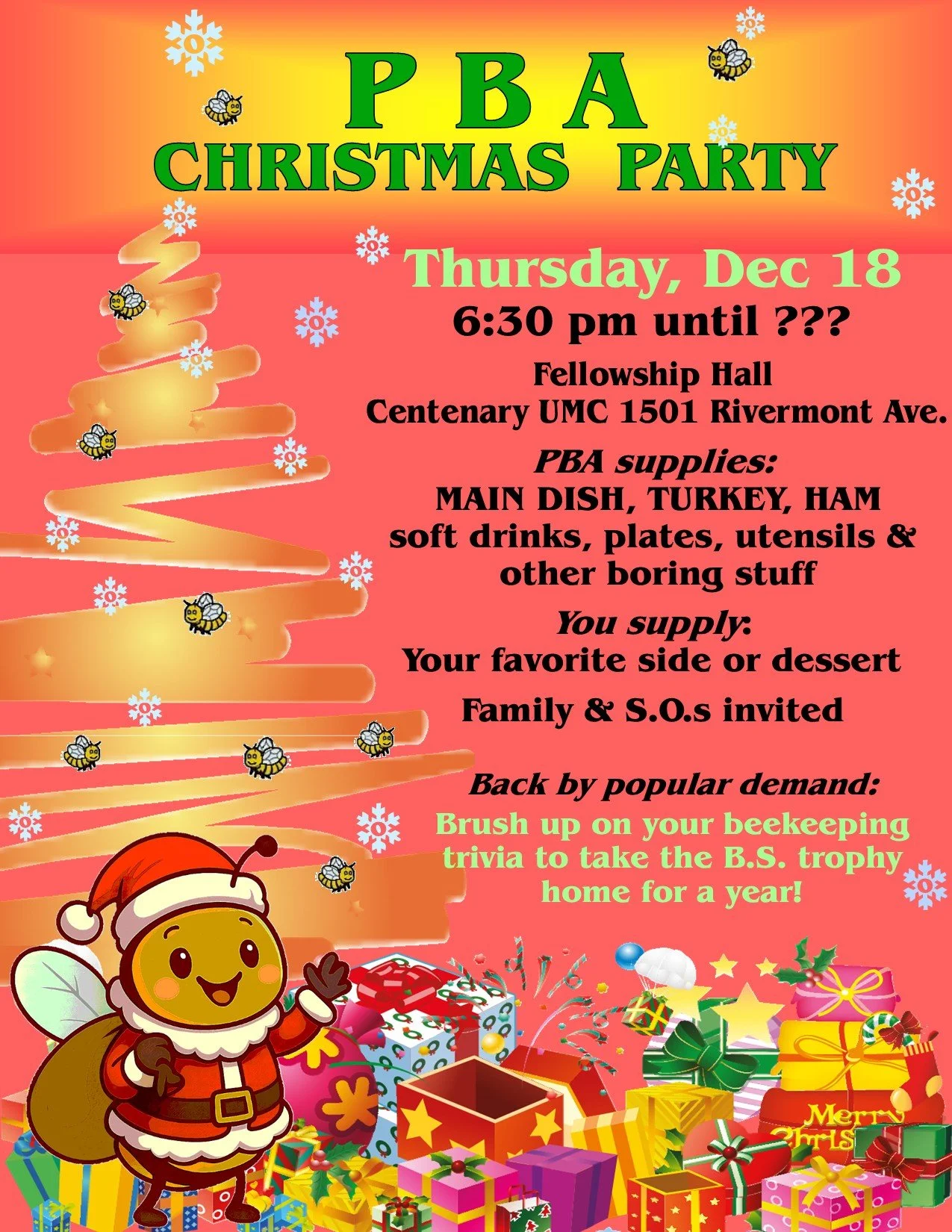Open to all Beekeepers ***
Conference speakers are:
Dr. Heather Matilla - Heather Mattila is an Assistant Professor in the Department of Biological Sciences at Wellesley College. Her research focuses on the role that intracolonial genetic diversity plays in the organization of communication and division of labor in honey bee colonies. She earned her Ph.D. in Environmental Biology at the University of Guelph in Guelph, Ontario.
Dr. Alison McAfee - NCSU Postdoctoral Research Scholar - Alison studies honey bee reproductive health, focusing on factors affecting sperm viability. Honey bee queens mate several times early in life, then maintain the sperm for years in a specialized storage organ until they die. Colony health directly depends on the queen’s ability to keep these sperm alive so that she can lay an abundance of fertilized eggs and keep the colony strong. However, environmental factors like heat-shock, cold-shock, and pesticide exposure can dramatically reduce sperm viability. With extreme weather patterns on the rise and persistent pesticide residues in the environment, these are major threats to honey bee colony health. Alison’s research will help us better understand the biological process underlying sperm viability and contribute to best-practice recommendations to limit adverse exposure of the queens. Alison completed her Ph.D. in Genome Science and Technology at the University of British Columbia, where she studied molecular mechanisms of hygienic behavior. Alison writes a monthly column for the American Bee Journal magazine and her research has been reported in New Scientist and Scientific American.


